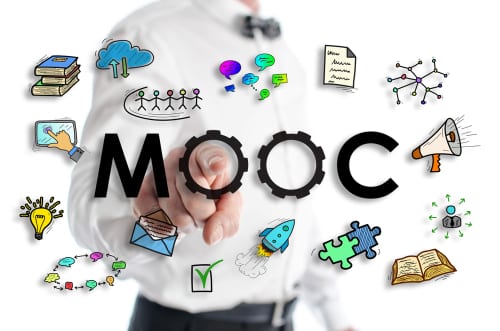AI in Education A New Era of Learning
Personalized Learning Experiences ai in education
One of the most significant benefits of AI in education is its ability to personalize the learning experience for each student. By analyzing individual learning styles, strengths, and weaknesses, AI-powered systems can tailor educational content to meet the specific needs of each learner. This personalized approach can help to improve student engagement, motivation, and academic performance.
Intelligent Tutoring Systems
AI-powered intelligent tutoring systems (ITS) are designed to provide students with one-on-one tutoring, 24/7. These systems can adapt to the student’s pace of learning and provide targeted feedback and instruction. ITS can also identify knowledge gaps and misconceptions, allowing students to receive timely support and remediation.
Automated Grading and Feedback
AI can automate the process of grading assignments and providing feedback, freeing up teachers to focus on more meaningful interactions with their students. By using natural language processing and machine learning, AI can accurately assess student work and provide constructive feedback, helping students to improve their writing and critical thinking skills.
AI-Powered Language Learning
AI is revolutionizing language learning by providing interactive and immersive experiences. Language learning apps and software can use AI to analyze a student’s pronunciation, grammar, and vocabulary, providing real-time feedback and correction. AI can also generate personalized language practice exercises based on the student’s individual needs and preferences.
AI-Driven Accessibility
AI can help to make education more accessible to students with disabilities. For example, AI-powered speech recognition and text-to-speech technology can help students with visual impairments to access educational materials. AI can also be used to develop assistive technologies that can help students with physical and cognitive disabilities to participate fully in the learning process.
The Future of AI in Education
As AI technology continues to advance, we can expect to see even more innovative applications in education. From virtual and augmented reality to intelligent chatbots, AI has the potential to transform the way we learn and teach.
Ethical Considerations of AI in Education
While AI offers many benefits, it is important to consider the ethical implications of its use in education. Issues such as data privacy, algorithmic bias, and the potential for job displacement must be carefully addressed to ensure that AI is used responsibly and equitably.
The Role of Teachers in an AI-Driven Classroom
AI is not a replacement for teachers; rather, it is a tool that can enhance the teaching and learning process. Teachers will continue to play a crucial role in guiding student learning, fostering creativity, and building relationships with their students. However, they will need to develop new skills and adapt to the changing educational landscape.
AI in Education: A Global Perspective
AI in education is a global phenomenon, with countries around the world investing in AI-powered educational technologies. By collaborating and sharing best practices, we can accelerate the development and adoption of AI in education and ensure that it benefits all learners.
The Impact of AI on Student Outcomes
Research has shown that AI-powered educational tools can have a positive impact on student outcomes. By providing personalized learning experiences, intelligent tutoring, and automated feedback, AI can help students to improve their academic performance, critical thinking skills, and problem-solving abilities.
AI in Education: A Catalyst for Innovation
AI is a powerful catalyst for innovation in education. By encouraging experimentation and creativity, AI can help to develop new and innovative educational approaches. For example, AI can be used to create interactive simulations, gamified learning experiences, and virtual field trips.
The Role of AI in Teacher Training
AI can also be used to train and support teachers. AI-powered professional development tools can provide teachers with personalized training and coaching. Additionally, AI can be used to analyze teacher performance data to identify areas for improvement and provide targeted support.
The Future of AI in Education: A Collaborative Approach
To fully realize the potential of AI in education, it is essential to foster collaboration between educators, technologists, and policymakers. By working together, we can ensure that AI is used ethically and effectively to improve the quality of education for all.
AI in Education: A Call to Action
As we move forward into an AI-driven future, it is important to embrace the opportunities and challenges that AI presents. By investing in AI research, development, and implementation, we can create a brighter future for education.




